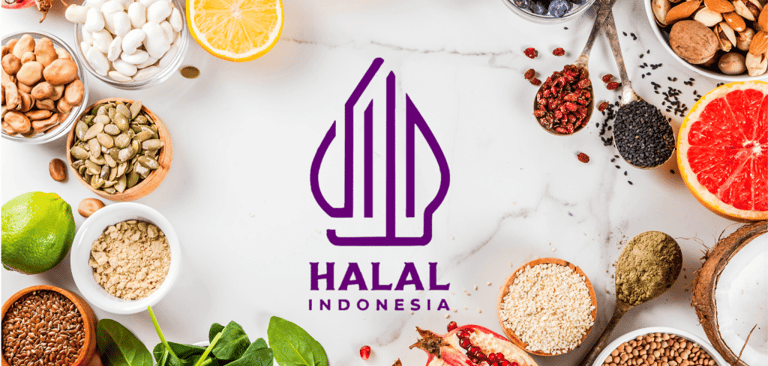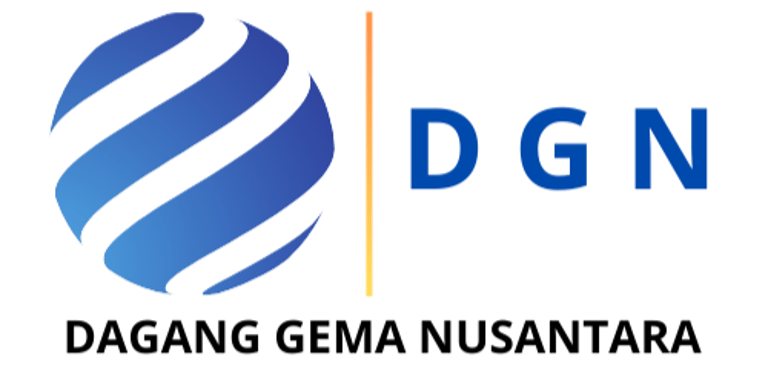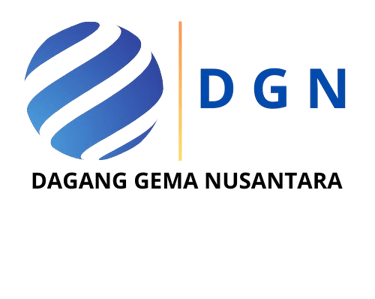
Reading Corner
Trade literacy and insights on domestic and international SMEs
1/11/20252 min read



Jakarta — Citing CNBC, National Statistics BMI-A Fitch Solutions Company reported that over the past decade, the halal food and beverage market has experienced a sharp increase, driven by the rapid growth of the Muslim population. The global halal market is estimated to reach US$1.3 trillion by 2025 (or approximately IDR 20,670 trillion, with an exchange rate of US$1 = IDR 15,900), up from US$899.9 million in 2018, with an average annual growth rate of 5.2% over the period 2018–2028.
In view of this enormous opportunity, Haikal Hasan, Head of the Halal Product Guarantee Agency (BPJPH), assured that the Indonesian government's decision to seriously strengthen the domestic halal industry ecosystem is very timely to capture such a vast market opportunity.
"This data proves that the Indonesian government's policy to strengthen our halal industry ecosystem is spot on. Such a tremendous opportunity must be seized," said Haikal Hasan in Jakarta on Saturday (December 7, 2024).
"And with the potential we have, I am confident that we can become the world's largest halal product producer, as long as we synergize and collaborate to strengthen our halal product ecosystem—from micro and small enterprises to large companies," he continued, adding that the government's policy, implemented through BPJPH in the form of increasingly strict mandatory halal certification, is one of the keys to bolstering the halal ecosystem. Halal certification plays a crucial role in ensuring that products in the market meet halal standards, serving both as a guarantee of halal authenticity and as an internationally recognized added value.
He further explained that halal standards have evolved into an increasingly inclusive concept. Today, halal is not only a part of the Muslim lifestyle but is embraced by people from all walks of life, regardless of their religious or belief background.
"Halal has now become a lifestyle. It is good, healthy, hygienic, and of high quality. Halal is for all; it is a blessing for all humanity. Halal products are not just for Muslims—everyone can enjoy them. With such quality, halal products have now become the preference for people worldwide in various countries," Babe Haikal explained.
He also noted that this potential is poised to grow in line with the global Muslim population projections by the Pew Research Center, which estimates that the Muslim population will reach 2.2 billion by 2030.
Moreover, economic progress in Southeast Asia, the Middle East, and North Africa is one of the main driving forces behind the growth of the global halal product market. Increasing disposable incomes in these regions encourage consumers to purchase more halal products. With a strong and productive halal ecosystem, Indonesia is positioned to become a producer of halal products not only to satisfy its significant domestic demand but also as an export commodity to meet the ever-growing international demand year after year.
"Therefore, I invite ministries, agencies, local governments, the private sector, and all relevant parties to continuously synergize and collaborate in strengthening the halal ecosystem. This includes socialization, education, trade promotion, and facilitating halal certification for MSMEs throughout the Republic of Indonesia," said Babe Haikal.
"This synergy is expected to elevate our MSMEs, enabling them to meet halal standards and make their products increasingly competitive in the global market—excelling in terms of quality, quantity, and price compared to imported halal products," he concluded.
Source: Halal Product Guarantee Agency
Date: December 7, 2024


